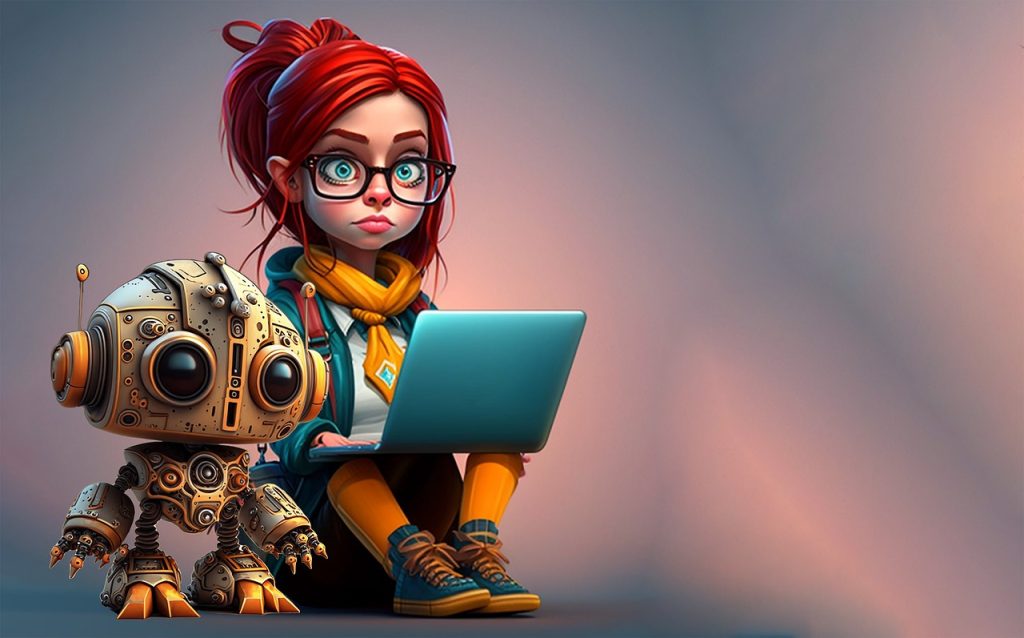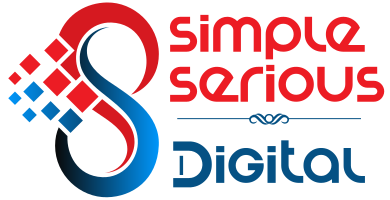Artificial Intelligence (AI) is a rapidly evolving field that holds the promise of augmenting and enhancing human capabilities across a wide range of domains. While AI systems can automate tasks and boost efficiency, it’s crucial to understand that they are not designed to replace human professionals entirely. Instead, AI is best viewed as a partner, working in tandem with humans to assist them in making more informed decisions and performing complex tasks more effectively.

AI systems excel at processing vast amounts of data, identifying patterns, and generating valuable insights. This capability makes them invaluable in various areas, including data analysis, image recognition, natural language processing, and automation. However, it’s important to acknowledge that AI has its limitations and cannot replicate the full spectrum of human cognitive abilities.
In many professional fields, AI is becoming an indispensable tool to support human professionals rather than rendering their roles obsolete. The successful integration of AI into these fields necessitates a harmonious blend of technical expertise, domain knowledge, and ethical considerations. Let’s delve into some real-world examples:
- AI as a Tool, Not a Replacement: AI is often seen as a tool or technology that can augment and enhance human capabilities rather than completely replace them. AI systems are designed to perform specific tasks efficiently and at scale, but they lack the broader cognitive abilities, creativity, and emotional intelligence that humans possess. This means that AI can handle repetitive, data-driven tasks, but it cannot fully replicate the depth of human expertise and judgment in complex and nuanced situations.
- The Importance of Human Interaction: Many professions rely on human-to-human interactions, empathy, ethical decision-making, and creative problem-solving. These qualities are challenging for AI to replicate. For example, in healthcare, doctors not only diagnose illnesses but also provide emotional support and guidance to patients. While AI can assist with medical diagnostics, it cannot replace the human touch and compassion.
- Adaptation is Key: As AI technology continues to advance, individuals and professionals need to adapt and incorporate AI tools into their work. Those who learn how to leverage AI effectively in their roles can often become more efficient, make better-informed decisions, and focus on higher-level tasks that require human judgment and creativity.
- Job Displacement vs. Skill Enhancement: The idea is that people who resist or ignore the integration of AI into their professions may find themselves at a disadvantage. They might struggle to remain competitive in the job market, as employers increasingly seek candidates who are technologically savvy and can work alongside AI systems. In contrast, those who embrace AI can potentially enhance their skills and job prospects.
- Continuous Learning and Upskilling: To remain valuable in the workforce, individuals must engage in continuous learning and upskilling. This means acquiring the skills necessary to understand, operate, and collaborate with AI systems. It may involve learning how to interpret AI-generated insights, manage AI-driven processes, or even develop AI applications.
- The Evolution of Job Roles: In many professions, AI is reshaping job roles. For instance, in finance, professionals are increasingly working alongside AI algorithms to analyze and manage investment portfolios. In manufacturing, workers are collaborating with robots and automation systems to improve production processes. Therefore, while some tasks may be automated, new roles and responsibilities are emerging that require human-AI collaboration.
9 ways to use Ai in the workplace
Success in the AI-driven future of work will depend on individuals’ willingness to adapt, learn, and incorporate AI into their professions, ensuring that they remain relevant and competitive in a rapidly changing job market. Those who embrace AI as a partner in their work are likely to thrive, while those who resist it may face challenges in their career trajectories.
